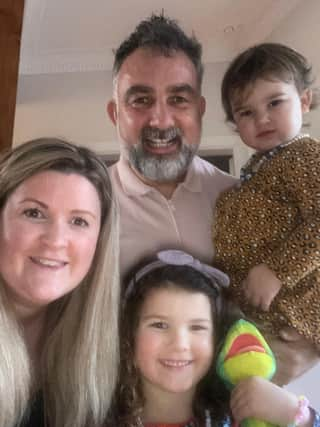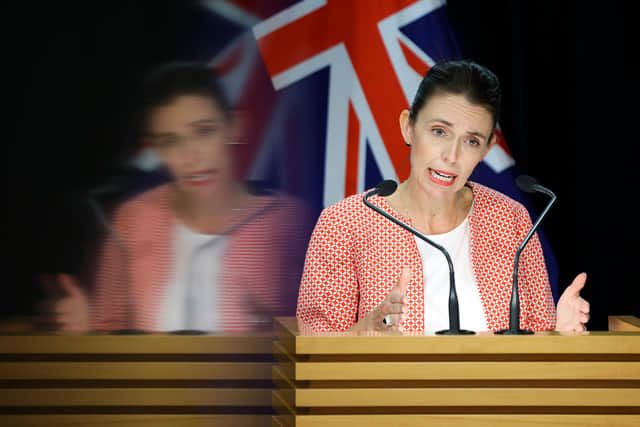‘I call this country home – but I feel like a prisoner’ - Scots living under New Zealand’s stringent Covid rules


“I know I chose to move to the other side of the world,” says school nurse Ms Hunt, who moved to Auckland in 2009, where she lives with her husband, Stewart and daughters Darcy, 5 and Billie, 2.
“I call this country home and I know it’s far away from family and I choose to live here - but I didn't choose to live here and not be able to see my family or my friends again. I feel like a prisoner, not having the choice to get on a plane and see my family.”
Advertisement
Hide AdAdvertisement
Hide AdTravelling outside the country – and more importantly, back home again - is still almost impossible for most New Zealanders : even more so since last week when Prime Minister Jacinda Ardern raised the alert level to red amid warnings of a tidal wave of Omicron.


In March 2020, Ms Ardern closed New Zealand’s borders to almost all non-citizens or residents. Single cases of Covid were cracked down on heavily, with cities going into strict lockdowns at a hint of community transmission.
For a long time, the strategy appeared to be working, with New Zealand registering just 15,991 cases since the pandemic began – most of them detected while patients were in isolation in managed quarantine - and only 52 deaths. In the early days of the pandemic, Scotland looked to the country – which, with its small population and female leader, drew many parallels to Scotland – with envy. While Scots were locked down, unable to leave their homes for more than an hour a day, most New Zealanders enjoyed freedom, attending busy events and mixing in restaurants, cafes and nightclubs without worry.
Yet two years on, any New Zealanders returning home from abroad still have to pay to stay in quarantine hotels for two weeks to ensure they are not infected with Covid, before being allowed to mix with the general population. Places in the hotels – known as Managed Isolation and Quarantine (MIQ), are limited and anyone planning to travel has to apply through a lottery system, with no guarantee of getting a slot.


